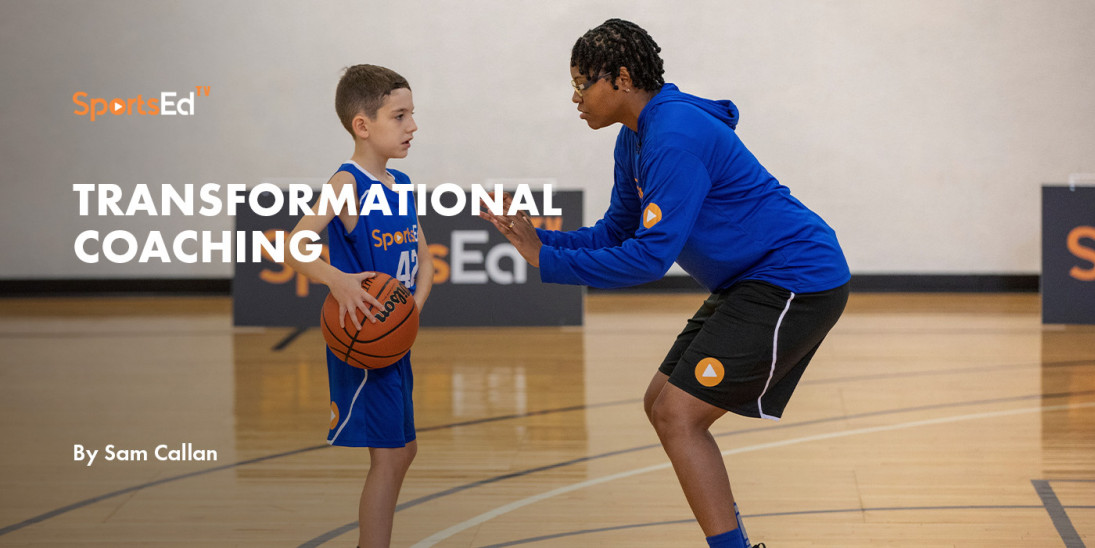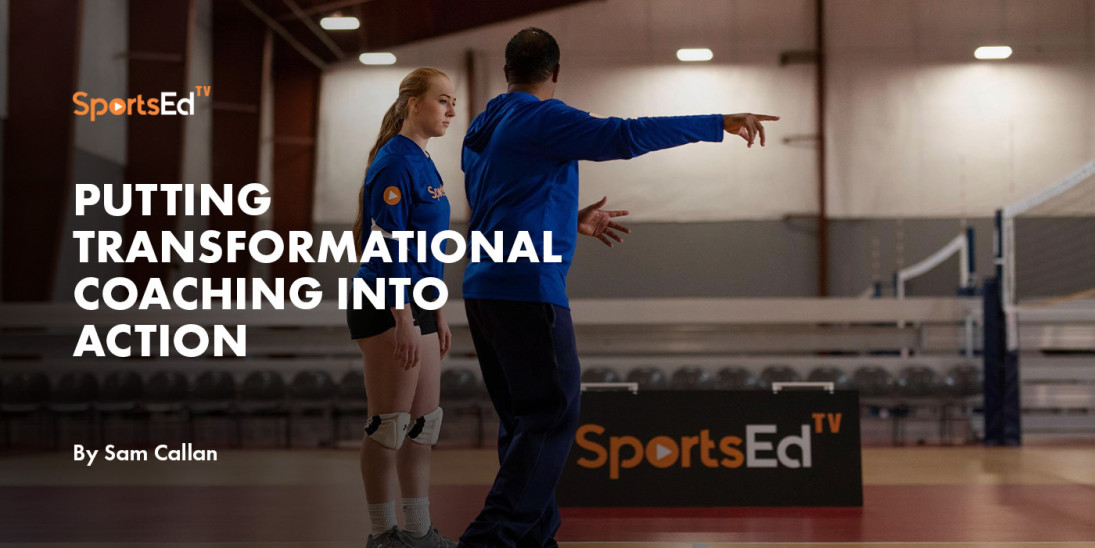Mental Health
Welcome and thanks for visiting...

Transformational Coaching

Now that you have established your values (see the November 2020 blog), let’s take a look at being a transformational coach as referenced in the initial blog. In all likelihood, you are going to identify things you are currently doing that fall into this idea of transformational coaching; give yourself credit for those! But let’s take that a step further and make being a transformational coach more intentional.
Transformational coaching is akin to transformational leadership found in the business world; after all, coaches are leaders, right? Bass and Riggio in their book Transformational Leadership define transformational leaders as
"... those who stimulate and inspire followers to both achieve extraordinary outcomes and, in the process, develop their own leadership capacity. Transformational leaders help followers grow and develop into leaders by responding to individual followers' needs by empowering them and by aligning the objectives and goals of the individual followers, the leader, the group, and the larger organization."
Think about how this definition fits with coaching and sports.
Transformational coaching seeks to achieve extraordinary outcomes (perhaps win championships) with empowering individual needs (making each player better) in such a way that the team goals are achieved.
Transformational coaching also involves developing relationships with each player to understand what motivates them and what they want to improve on. It also means developing the whole person and not just the athlete. Gregg Popovich, the highly successful coach of the NBA’s San Antonio Spurs, puts his own twist on this:
“Win the championship? I don’t know, but it’s not a priority in my life. I’d be much happier if I knew that my players were going to make society better, who had good families and who took care of the people around them. I’d get more satisfaction out of that than a title. I would love to win another championship and we’ll work our butts off to try and do that. But we have to want more than success in our jobs. That’s why we’re here.” -Gregg Popovich San Antonio Spurs, December 2016
Jean Cote, PhD, has been one of the leaders in researching transformational coaching and has established a model for how transformational coaching can lead to effectiveness on the court or pitch. Some key elements of transformational coaching include autonomy-supportive coaching, empowering athletes, and a focus on mastery. All of these concepts will be explored in future blogs.
In addition to the above, Cote offers four areas to being a transformational coach that will also be explored in future blogs:
- Idealized influence: Practice what you preach.
- Inspirational motivation: Believe in your athletes.
- Individualized consideration: Person-centered approach.
- Intellectual stimulation: Involve athletes in the coaching process.
For now, consider how you make personal connections with your players. Do you care about them off the court or pitch? Do you take an interest in what is going on in their lives outside of practice or games? Do they get a sense that you care about them beyond what they contribute as an athlete. We all hear stories of athletes who would “run through a wall” for a coach. How did the coach achieve that level of devotion? Likely by taking an interest in that athlete as a person and developing a strong relationship that goes beyond the sport.
One example: Understanding what is going on outside of practice may help you understand why they perform well in practice at times and not so well at other times. Understanding what is going on elsewhere can also help you help them make the transition for the “outside world” to the practice world. Or it might help you adjust practice schedules. For instance, for those working with athletes still in school, adjusting practice schedules or intensity around exam periods can help relieve some stress the athletes may be experiencing.
If this is a new idea to you and you have not been doing it, ease into it! If you want to try this, let your players know ahead of time that you are going to try a new approach and will be asking them about what is going outside of sports. Otherwise, they might be wondering “What is coach up to asking me all these questions” and might be cautious or wondering about your motivations. Also, be willing to fail and show your humility as you try something new.
Future blogs will do a deeper dive into the specific aspects of transformational coaching.





